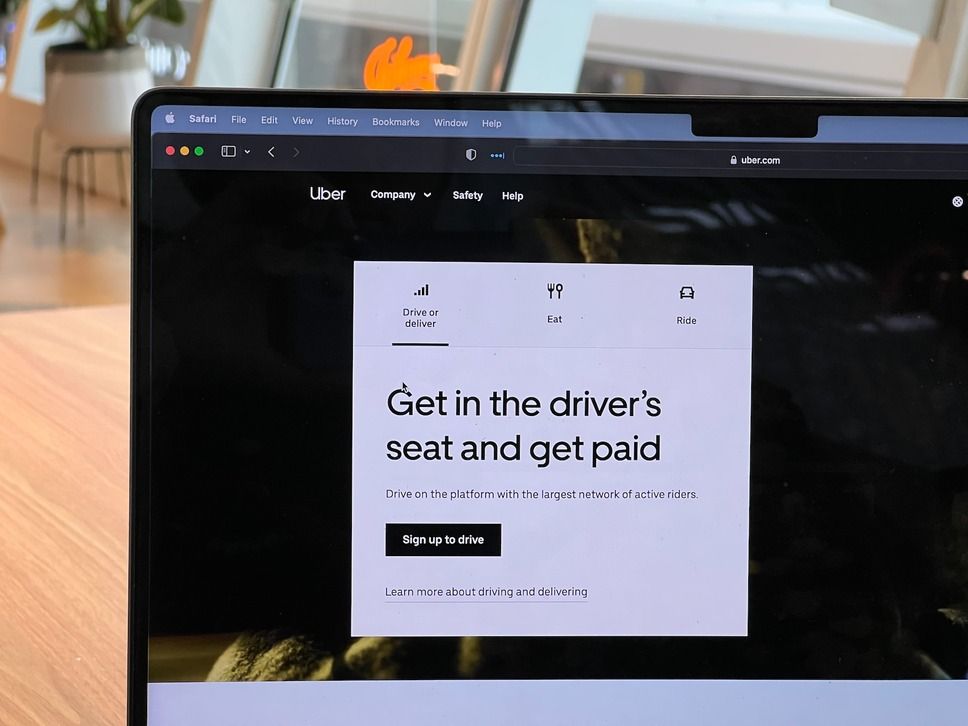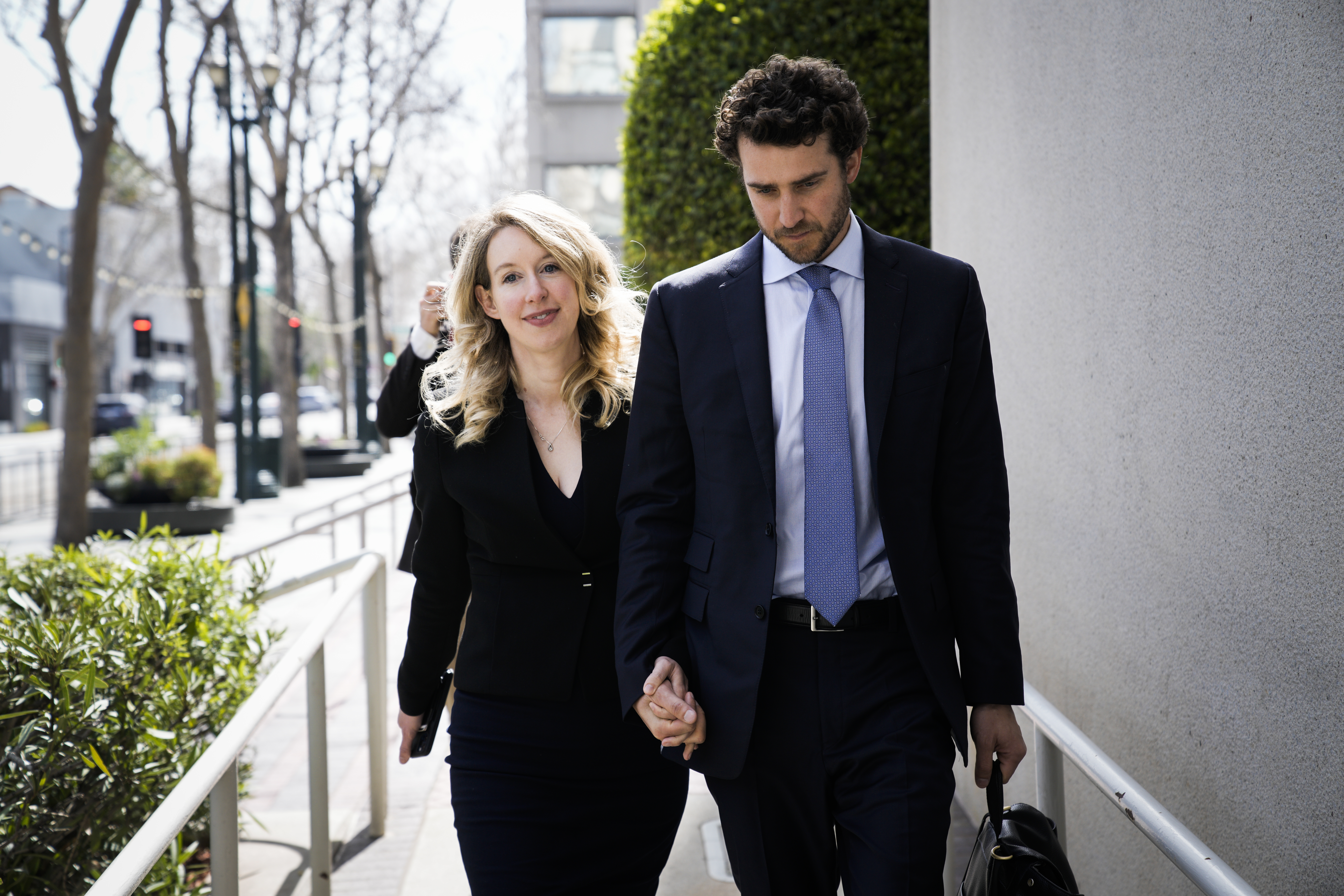Gandalf_The_Grey
Level 83
Thread author
Verified
Honorary Member
Top Poster
Content Creator
Well-known
- Apr 24, 2016
- 7,256
It’s human nature to want to conceal embarrassing stuff to make yourself look good. When it comes to work, it can be covering up your or your company’s slip-ups and mistakes in the hopes that no one will notice — an approach that reeks of unprofessionalism and will inevitably backfire, causing more problems or damage in the long run. This part of human nature is what prosecutors say led to the downfall of Joe Sallivan, the former chief security officer (CSO) of ride-hailing and food delivery company Uber.
On May 4, Sullivan was sentenced to three years of probation for obstruction of justice and felony cover-up related to the 2016 data breach. In that breach, two hackers accessed the personal information (names, email addresses, and phone numbers) of 57 million Uber riders and drivers, including the driver’s license numbers of approximately 600,000 drivers in the US. While data breaches of this magnitude are rare but not unheard of, what makes this case particularly interesting is that it’s the first time a company’s chief security officer faced criminal charges for mishandling it, with a real prospect of landing in jail.
Uber kept its customers and contractors in the dark about the breach for a year. This secrecy not only cost the firm some $148 million in fines, but, most importantly, robbed customers and drivers of the ability to take timely steps to protect themselves from identity theft, fraud, and other risks they faced as a result of the potential misuse of their data by hackers.

Enough of a cautionary tale? Uber’s ex-CSO who hid data breach narrowly escapes prison
Cover up data breaches and pay hackers to keep quiet, or come clean with the public? The case of Uber's former head of security shows why companies should choose the latter.

